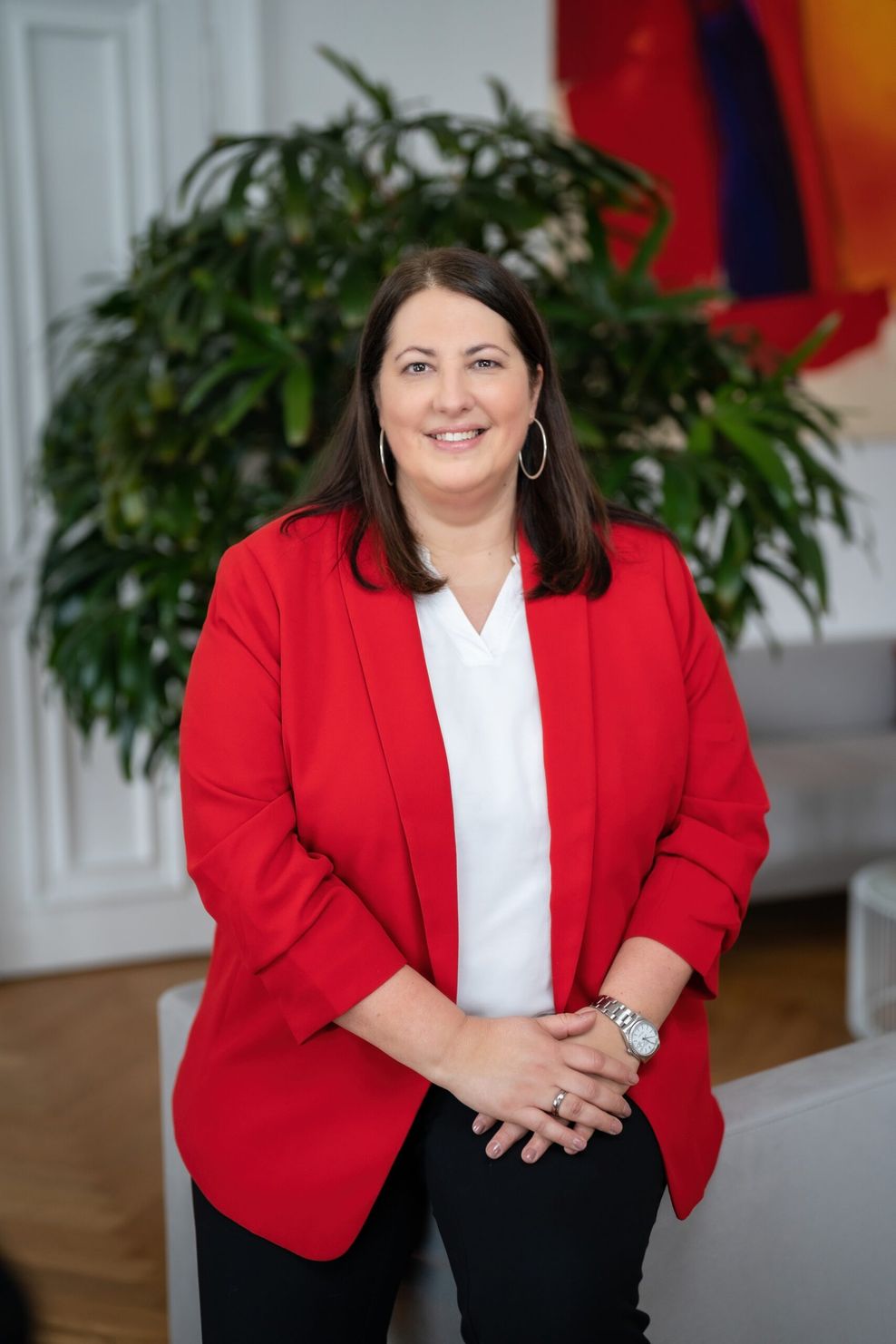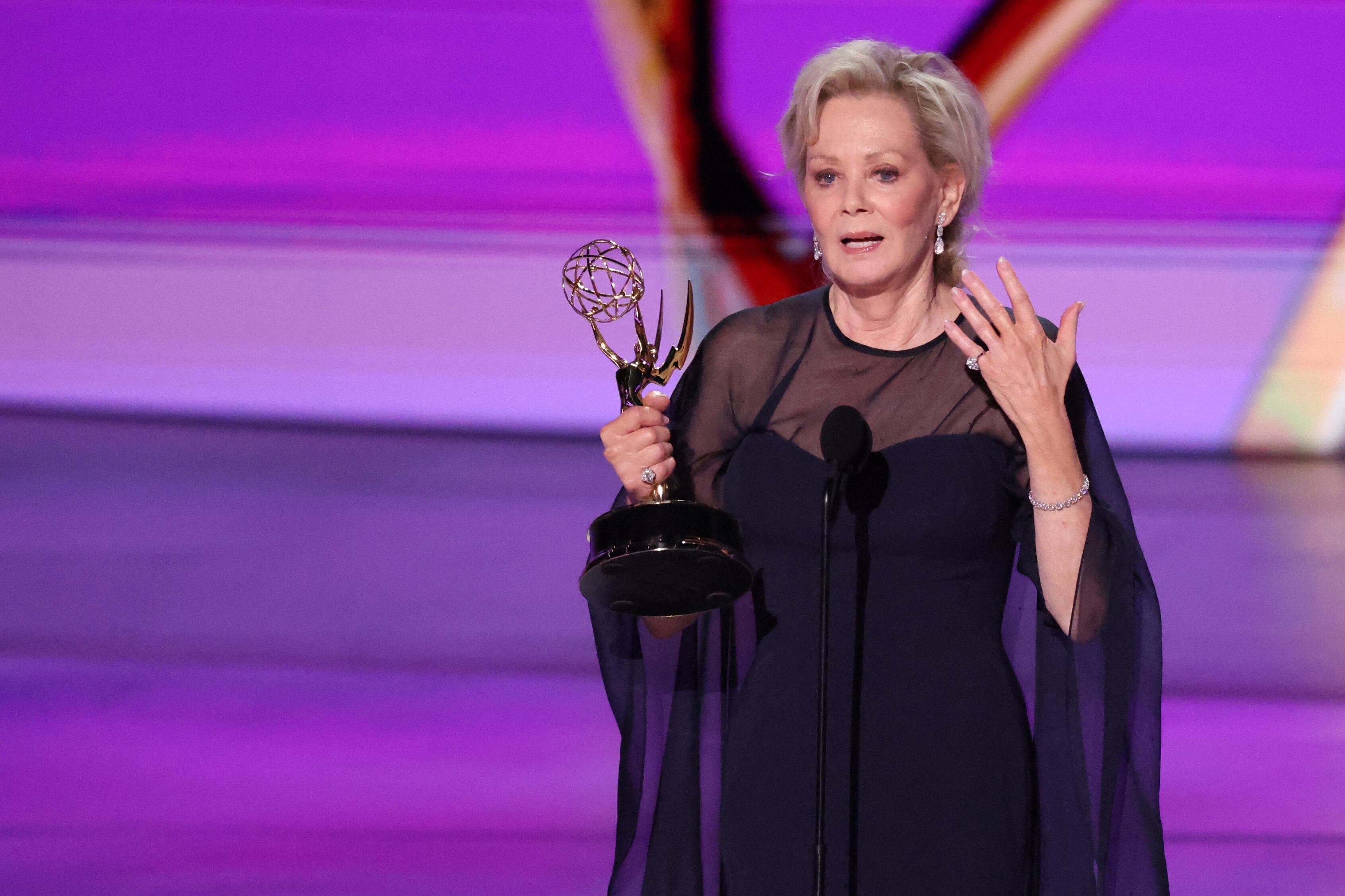At least half a dozen independent music distributors are fundraising or exploring selling their businesses as investors and major music companies, including Warner Music Group, vie for a piece of the business sector serving DIY artists.
Stem, the indie distribution darling that started as a fintech platform offering royalty splits, is in the early stages of a fundraising round that will be its largest to date, while Larry Jackson’s gamma. concluded its second round of fundraising. Downtown’s board of directors is exploring a sale and has held talks with Believe after an earlier dialogue with WMG fizzled. (Sources say WMG continues to eye acquisition targets.) ONErpm aims to put together around $40 million next year for its own mergers and acquisitions (M&A) fund, and indie streamer/distributor SoundCloud is expected to move into the final stages of either a sale or fundraising round later in 2024 to replace some of its existing shareholders.
Already this year, Believe founder and CEO Denis Ladegaillerie bought 95% of the outstanding shares of the French music company with roughly $1.7 billion in backing from investors that include TCV and Swedish private equity firm EQT in order to take the company private. And the Chicago-based firm Flexpoint Ford bought a stake in Create Music Group for $165 million. Last year, Exceleration Music bought indie distributor Redeye for an undisclosed sum, and gamma. launched with a $1 billion war chest.
Indie executives say there are numerous factors pushing them to seek funding; among them are the growing influence of artificial intelligence in music-making and next-gen creators’ evolving feelings about independence. Some would rather take a big check from a major if it comes with guaranteed autonomy — which means indie distributors must achieve scale to survive.
Meanwhile, these indies’ collective share of the market is growing, prompting major music companies to make acquisitions and investments as a defensive play. And backers outside the music industry, such as private equity funds and institutional investors, see opportunity in betting on these companies that purport to have the pole position serving the music-makers of tomorrow. Non-major labels and self-releasing artists’ share of the global recorded-music market was 36.7% in 2023, up from 28.6% in 2015, according to MIDiA Research.
“The amount of money being thrown around right now is more than I’ve ever seen,” Stem co-founder and CEO Milana Rabkin Lewis says. “If you’re not out there fundraising right now, you’re not doing your job.”
Another reason to invest: Indie distribution companies are handling an increasing share of the songs that do best on streaming services. In the first half of 2024 in the United States, such companies were responsible for 13.6% of tracks played between 100 million and 500 million times and 22.1% of those played between 50 million and 100 million, according to Luminate.
That said, the indie digital distribution sector remains highly fragmented, and executives say they expect significant consolidation as the roughly 25-year-old segment of the music industry matures.
“You’ll see a lot of DIY distributors sell over the next six months,” says Greg Hirschhorn, CEO of Too Lost, an indie distributor that Hirschhorn says distributes music for over 300,000 artists and labels. “It’s a good time to run an indie distributor.”
Earlier this year, French securities regulators forced WMG to disclose it was considering making a $1.8 billion bid for Paris-based Believe. Warner CEO Robert Kyncl has said the company backed out before making a formal offer because of the brief amount of time it had to undertake due diligence for the deal, among other reasons.
The consortium of investors led by Ladegaillerie ultimately succeeded in taking Believe effectively private this summer, leaving WMG and others that bid on the company, like BMG, hunting elsewhere for acquisitions. Sources say WMG’s decision not to submit an offer for Believe may lead to more deals in this space.
Downtown has been a beneficiary of that fallout. Its chief investor, the family of late New Zealand beer baron Douglas Myers, has been mulling an exit for months. The company’s board has held exploratory talks with WMG and Believe, among others, according to sources.
Downtown declined to comment about any deal talks, but executive chairman Justin Kalifowitz says the current spate of deals is a natural next step resulting from the significant amount of investment dollars that flowed into music-related businesses between 2018 and 2022.
“A lot of cool ideas were born out of that. Some of them have grown up to be real companies, achieving scale but not profitability,” Kalifowitz says. “There is an efficiency that these businesses in the services sector are providing that is frankly not available at the majors.”
A significant portion of outside investment that flowed into music in recent years went to acquire song catalogs, which indie executives point out provide more stable, though lower, returns than active companies. Private equity funds controlled by banks like Goldman Sachs are warming to music companies, one executive says. “You could buy an asset and forecast it 20 years into the future. But in a music world, that’s really hard,” the executive says. “They realize that music acts like an annuity.”
ONErpm CEO Emmanuel Zunz says the indie distribution space is facing an inflection point in its maturation driven by more than investment and deal-making. Moments like this put pressure on companies that may have loads of debt or aren’t profitable to prove their business makes sense. Zunz estimates the company he founded roughly 15 years ago now ranks third, behind Believe and Downtown, among the largest full-service independent music companies. ONErpm, which has no debt and operates off its own earnings, is planning to put together a $40 million M&A fund next year to buy smaller companies around the world.
“It’s going to be interesting to see how it plays out over the next two to three years,” Zunz says. “Some folks are going to crash and burn. There’s going to be consolidation. But the ones that stay are going to have a compelling offer that provides a lot of value for artists.”
Additional reporting by Elias Leight.






















